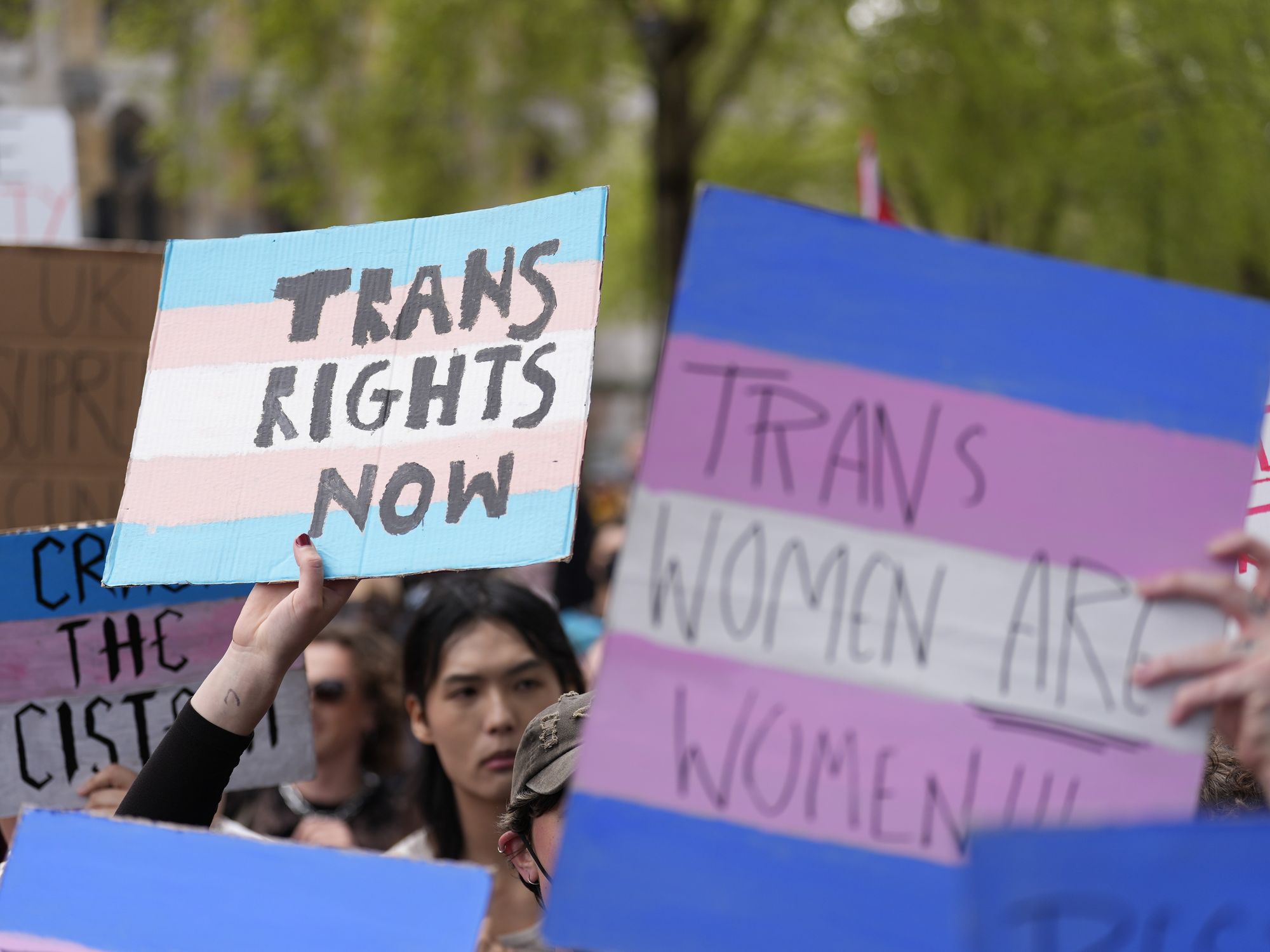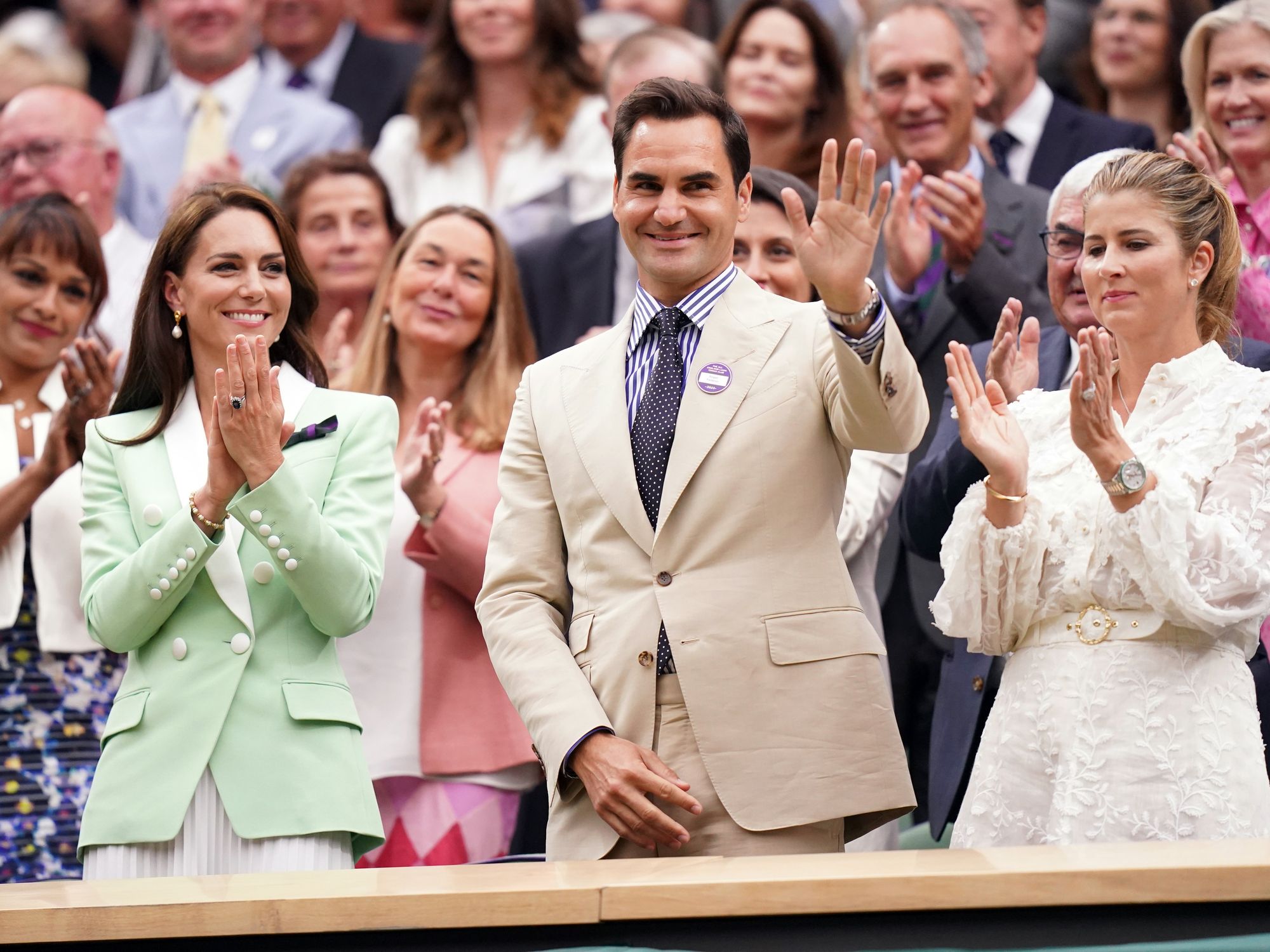Woke black poppy blasted as 'cultural suicide' amid 'destructive attitude to divide'
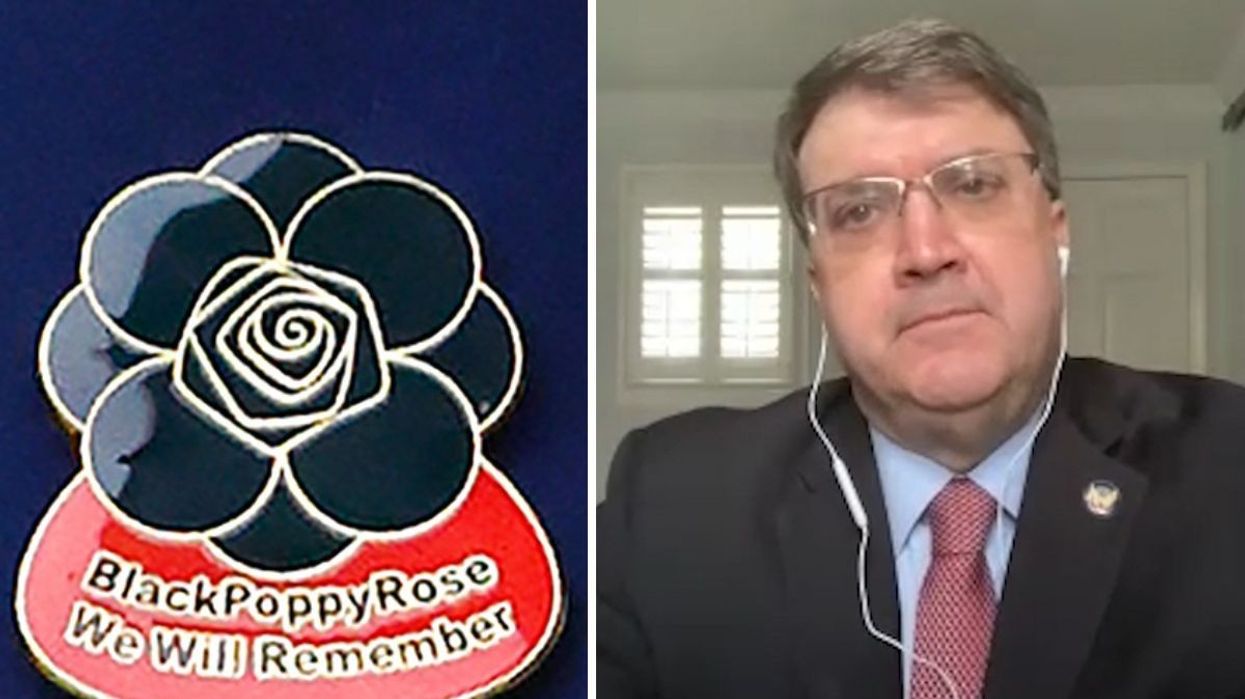
Robert Wilkie, who is a Colonel in the US Air Force Reserves, criticised the use of the 13-year-old black poppy appeal
|GETTY/GBN

The Black Poppy Rose appeal was set up in 2010
Don't Miss
Most Read
The black poppy is a symbol of “cultural suicide” and divides people, a former US Veterans' Affairs Secretary has claimed.
Robert Wilkie, who is a Colonel in the US Air Force Reserves, criticised the use of the 13-year-old black poppy appeal.
The Black Poppy Rose looks to promote the contributions made by black, African and Caribbean communities to the war effort.
Earlier this week, King Charles was spotted wearing a Black Poppy Rose sparking fierce debate over the icon.
Wilkie told GB News: “Well, I'm not going to criticise His Majesty, but I will go back to this cultural suicide that we are engaged in what those people would not appreciate and they would probably ignore if they knew it.”
WATCH NOW: Robert Wilkie addresses the Black Poppy Rose
The 61-year-old, who was partly educated at Salisbury Cathedral School in Wiltshire, added: “This is again dividing us into our constituent racial and ethnic groups instead of coming together as a proud people.”
However, the Donald Trump administration official highlighted the sacrifice made by ethnic minority troops in the Second World War, including those from India and Trinidad.
Addressing whether just one poppy appeal is needed, Wilkie concluded: “We deny our history at our own peril.”
A number of commentators have slammed the black poppy campaign including GB News' Nigel Farage.
LATEST DEVELOPMENTS: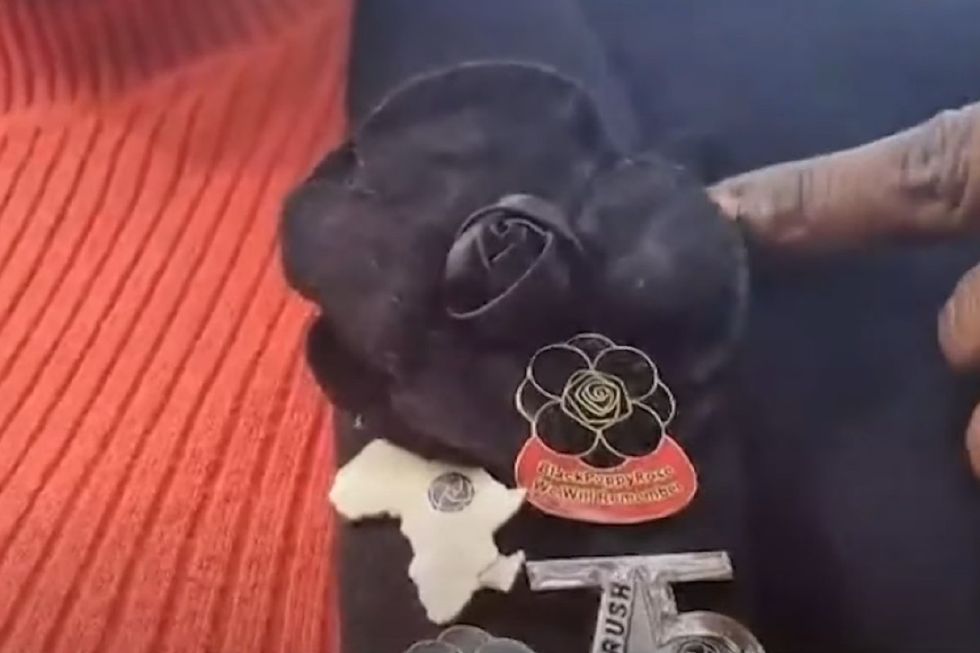
Black rose poppy
|GBN
The ex-Brexit Party leader said: “Whoever advised the king to wear that black poppy should be sacked from Buckingham Palace and out of their job by tomorrow morning.”
The Royal British Legion’s poppy appeal, which was inspired by Lieutenant Colonel John McCrae's poem ‘In Flanders Fields’, was set up in 1921.
Red poppies have now become an internationally-renowned symbol of remembrance for those who have fallen in conflict.
A white poppy was created by the Peace Pledge Union charity.
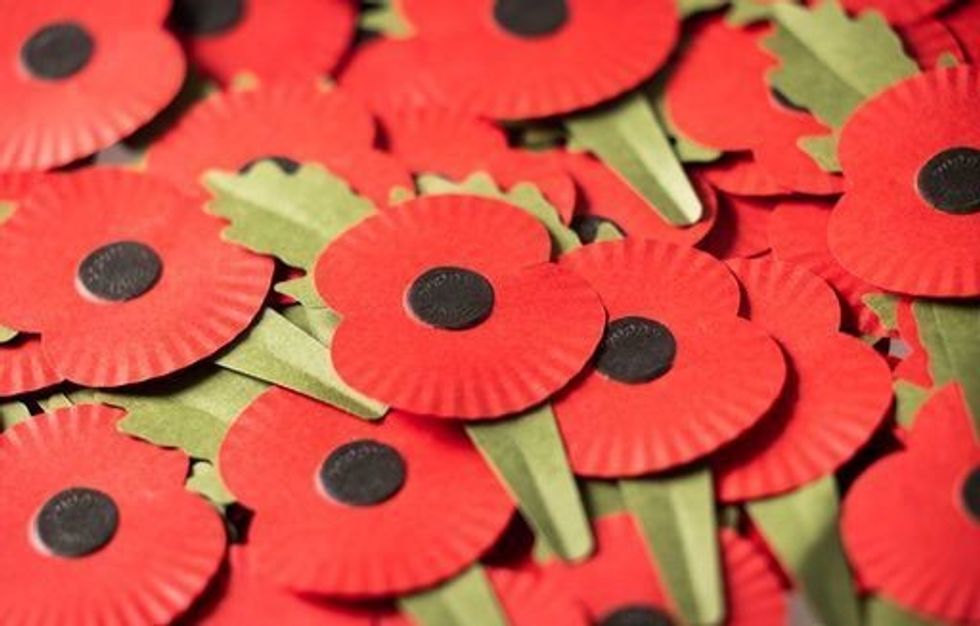 Poppy sellers have been raising money for the Royal British Legion in the lead up to Remembrance Day | PA
Poppy sellers have been raising money for the Royal British Legion in the lead up to Remembrance Day | PAThe charity believes that that the white poppy serves as a commemorative symbol to the fallen but also focuses on achieving peace and changing perceptions of war.
A purple poppy is also available for those who want to pay tribute to the animals that died during conflict.
Horses, dogs and pigeons have all been used to help war efforts across various different conflicts.
Almost 500,000 British horses, mules, camels and bullocks died between 1914 and 1918, the RSPCA has revealed.
ADDITIONAL REPORTING BY OLIVER TRAPNELL






